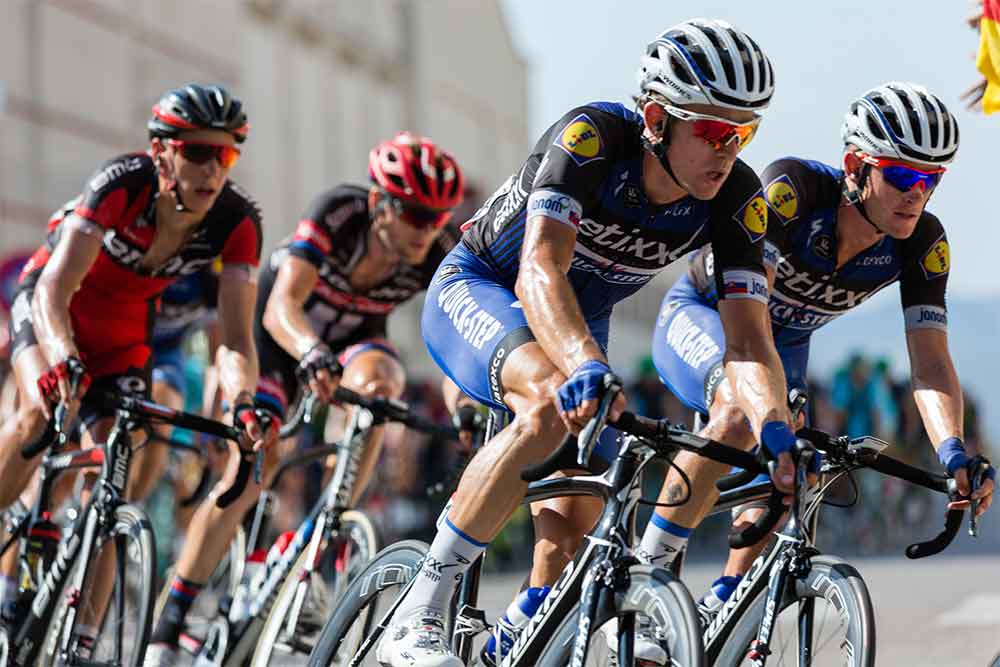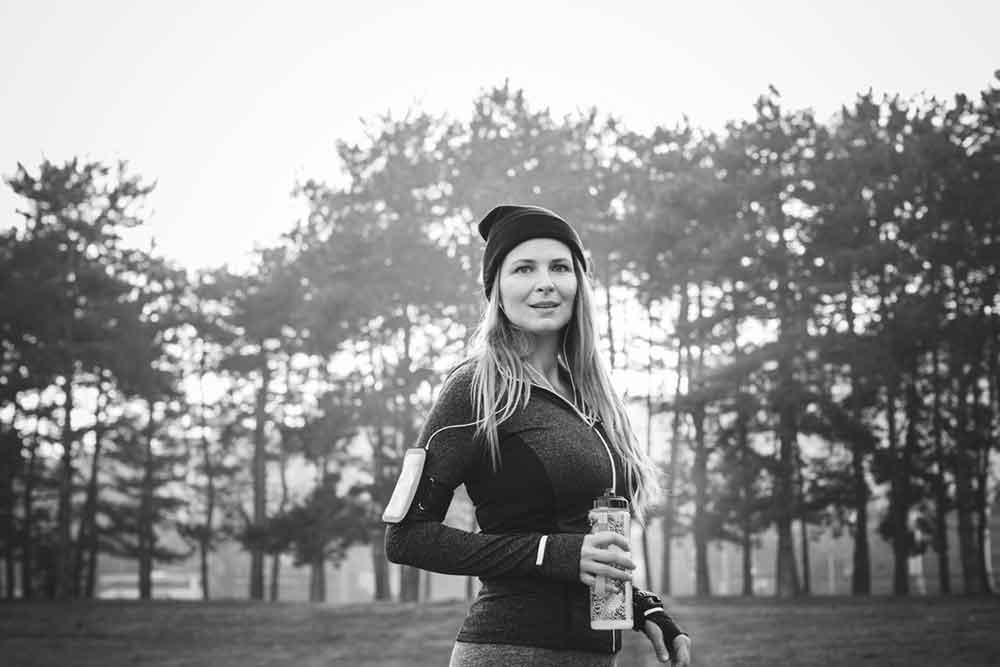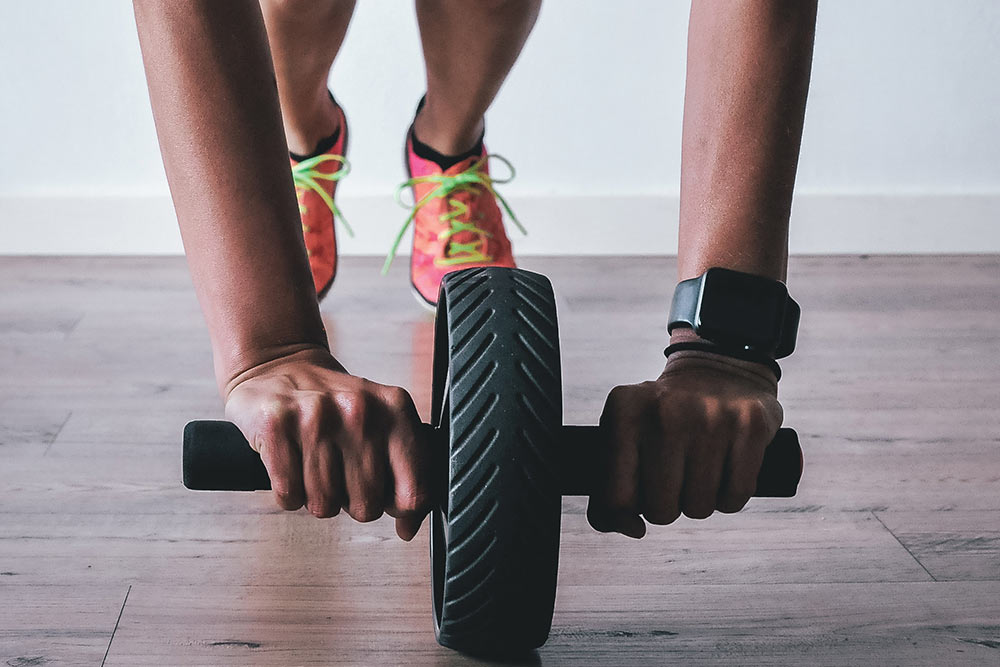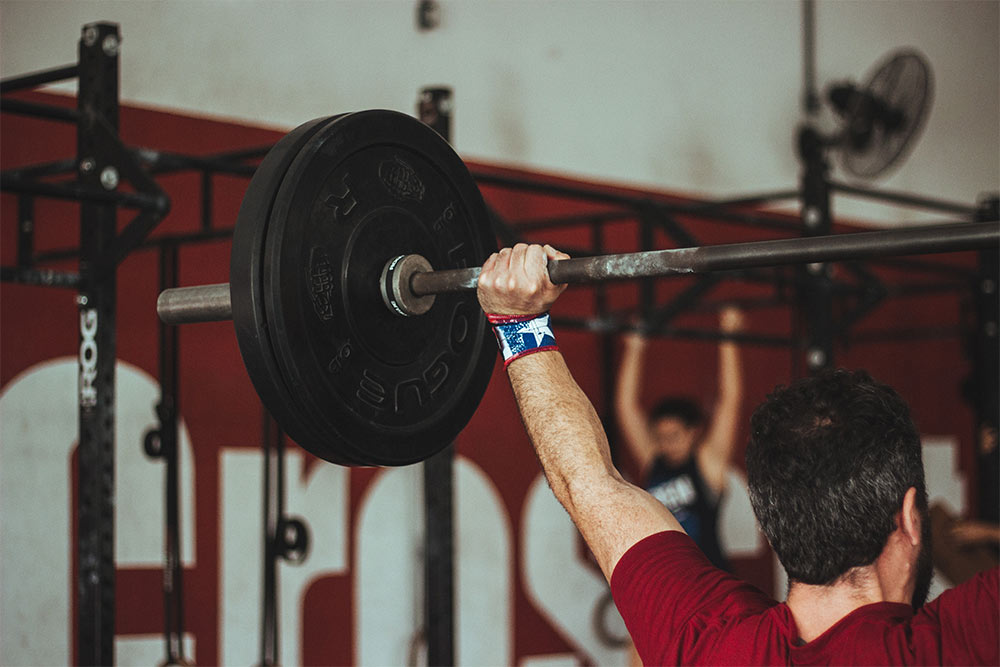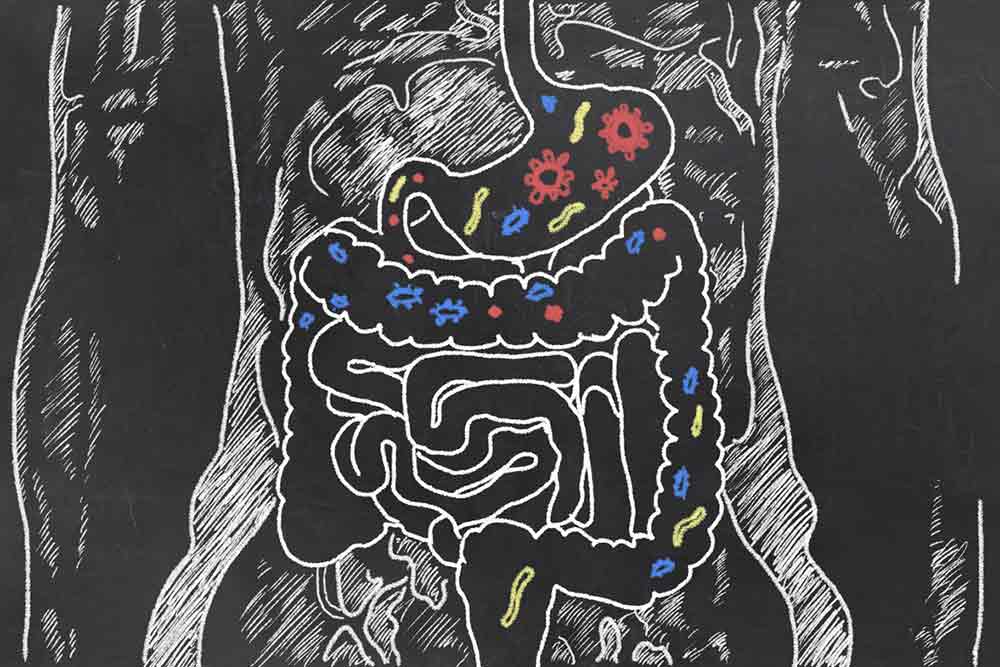Does Exercise in Morning & Evening Have an Effect on Fat Burning Response?

A Review by Alyssa Bialowas
Metabolic syndrome is a group of conditions that occur together to increase your risk of cardiovascular disease, stroke and diabetes. Lipid oxidation is important if you want to prevent or alleviate metabolic syndrome, and exercise is one of the key ways to oxidize lipids.
When evaluating lipid oxidation, it’s important to consider exercise intensity, as it affects energy consumption and the discretion of hormones associated with energy substrate oxidation. Past studies have concluded that carbohydrates are the main energy substrate in high-intensity exercise, while lipids are utilized more in low-to-moderate intensity exercise.
To determine whether the levels of lipid oxidation are higher during exercise performance in the morning or in the evening, it’s essential to figure out the exercise intensity and timing that result in maximal lipid oxidation during prolonged exercise. Exercise at Fatmax (workload where the greatest percent of fat is oxidized to an incremental exercise load) is thought to be the most useful workload intensity for weight loss and lipid metabolism during training.
This study out of Japan aims to determine how differences in exercise intensity affect the blood hormone response and energy substrate oxidation during exercise performed in the morning and evening.
Related Article: Does A Carb Restricted Diet Change HIIT Boost Health Benefits?
The Study
The study was made up of nine healthy men who did not exercise regularly. There were two trials completed at different exercise intensities: Fatmax and 60% maximal oxygen uptake. The participants performed these trials either in the morning (9 am to 10 am) or the evening (5 pm to 6 pm). They underwent an incremental exercise test to calculate their maximal oxygen uptake. Blood samples were collected before exercise, immediately, and one to two hours after exercise. Expired gas was examined from the start of exercise until two hours after exercise.
The Results
None of the participants experienced significant differences in maximal oxygen uptake, maximum value of fat oxidation, or Fatmax between the morning and evening exercise tests. Nor was there a significant difference in the Fatmax and 60% maximal oxygen uptake trial when it came to total energy consumption from before exercise to the recovery phase.
Maximal oxygen uptake and heart rate before, immediately after, and 2 hours after exercise didn’t differ significantly between morning and evening for Fatmax and 60% maximal oxygen uptake, and there were no significant correlations between adrenaline, noradrenaline, growth hormone, or cortisol levels.
Respiratory exchange ratio was not associated with exercise timing in the Fatmax or 60% maximal oxygen uptake trails, but was associated with exercise intensity at both. The morning and evening trials both showed significantly higher lipid oxidation at Fatmax than at 60% maximal oxygen uptake.
The Takeaway
The results of this study suggest that, regardless of exercise timing, Fatmax leads to greater lipid oxidation than at 60% maximal oxygen uptake. Seeing that this study analyzed only a small sample size of nine healthy males, further research should look at a greater sample of the population, including women and obese participants, to see if the results are consistent.
Related Article: Do Female Athletes Need More Sleep?
You Might Like:
5 High-Intensity Interval Training Mistakes Athletes Make
Alyssa Bialowas High-intensity interval training (HIIT) is one of the hottest fitness trends right now, and because of this, many people have put their own spin on it to try and make it their own....Do Ketogenic Diets Reduce Anaerobic Performance?
Evan Stevens Ketogenic diets have come to the forefront of popular health fads in the past few years. Placing the majority of our health and dietary problems on carbohydrates (due to the spike in blood...Does the Keto Diet Affect High-Intensity Exercise Performance?
A Review by Alyssa Bialowas The ketogenic diet has been making waves due to its effective weight loss and health benefits, such as reducing blood sugar levels, increasing good HDL cholesterol and improving heart health....The Best Way to Prevent Gut Rot During Your Workout
Alyssa Bialowas One of the worst things that can happen to you before you start an intense workout, or worse as you’re 30 seconds into a run or a race: gut rot. Feeling pain and...Could a Carb Mouth Rinse Be the Next Best Performance Booster?
Evan Stevens The last thing an athlete wants is to feel like they have no energy. Staying fueled and being able to maximize your energy output means better performance. Fueling means quick energy to the...6 Tips to Fuel Your HIIT Nutrition Plan
Alyssa Biawolas If you’re spending a lot of time creating and abiding by your workout plan, a healthy meal plan will enable you to get the most out of your efforts. When creating a nutrition...References
Kim, H., Ando, K., Tabata, H., Konishi, M., Takahashi, M., Nishimaki, M., Xiang, M., and Sakamoto, S. (2016). “Effects of Different Intensities of Endurance Exercise in Morning and Evening on the Lipid Metabolism Response.” Journal of Sports Science and Medicine, 15, 467-476.





